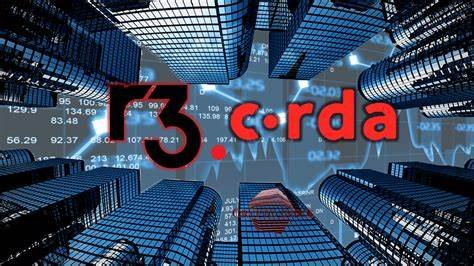
There is some debate whether R3 Corda is technically a blockchain or an alternative type of distributed ledger. It uses a novel consensus mechanism in which transactions are cryptographically linked but does not periodically batch multiple transactions into a block. Even the official Corda site describes it as "both a blockchain and not a blockchain." One of the key benefits of this approach is that all transactions are processed in real time, which can improve performance compared to other types of blockchains.
The R3 consortium has a strong following in the financial industry, since Corda provides an attractive approach for financial transactions and smart contracts with strong security. Leading proponents include Bank of America, HSBC, Intel and Microsoft. It supports tools that automate business logic that can execute across company boundaries. In 2022, the group launched a technical preview of Corda Payments, which it claimed will simplify the process for building distributed payment capabilities into apps.
A recent platform update purportedly improves availability and scalability and supports interoperability with other platforms. One key innovation is a delivery-versus-payment mechanism designed to improve settlement with other distributed ledger platforms.
Manders said Corda has a strong chance of becoming the de facto network of insurance-related transaction processing. However, it faces competition from other federated blockchain networks that can process transactions faster and cheaper.